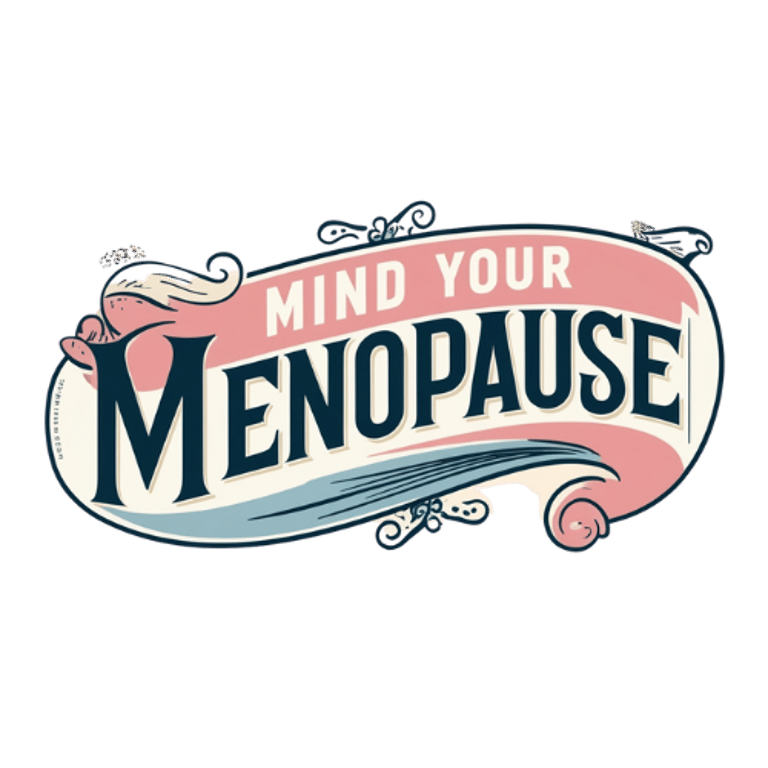Fiber, Probiotics, and Hormone Balance: The Secret to Feeling Great After 40
If you’re feeling sluggish, bloated, or struggling with weight gain after 40, your gut health may be the key to turning things around. Fiber and probiotics do more than just support digestion—they help balance hormones, reduce inflammation, and improve metabolism. In this article, discover how these powerful nutrients work together to keep you energized, reduce menopause symptoms, and help you feel your best at any age.
3/12/20252 min read


Fiber, Probiotics, and Hormone Balance: The Secret to Feeling Great After 40
What if the key to balancing hormones and feeling better wasn’t another supplement—but your gut health?
After 40, your body undergoes major shifts. Estrogen declines, digestion slows, and metabolism isn’t what it used to be. That’s why so many women experience bloating, fatigue, weight gain, and mood swings.
But here’s the good news: by supporting your gut with fiber and probiotics, you can naturally balance hormones, improve digestion, and boost energy.
Let’s break down how fiber and probiotics work together—and why they’re essential for feeling your best.
The Gut-Hormone Connection: Why It Matters After 40
Your gut isn’t just responsible for digestion—it plays a direct role in hormone balance. A healthy gut helps regulate estrogen, support metabolism, and reduce inflammation. But when gut health is off, it can lead to:
Estrogen Imbalance – Leading to stubborn belly fat, mood swings, and fatigue.
Slower Digestion & Bloating – Making you feel sluggish and uncomfortable.
Increased Cravings & Weight Gain – Due to poor blood sugar regulation.
That’s why fiber and probiotics are game changers. They help heal your gut, support digestion, and keep your hormones in check.
Why Fiber is Essential for Hormone Balance
Most women don’t get enough fiber—especially after 40. But fiber is crucial for eliminating excess estrogen, reducing bloating, and keeping digestion moving.
How Fiber Supports Hormone Health:
Removes excess estrogen – Too much estrogen can lead to weight gain and PMS-like symptoms. Fiber helps eliminate it through digestion.
Stabilizes blood sugar – Preventing cravings and energy crashes.
Supports gut bacteria – Feeding the good bacteria that help regulate hormones.
Best Fiber-Rich Foods for Women Over 40:
Flaxseeds & Chia Seeds – High in lignans that support estrogen balance.
Leafy Greens (Spinach, Kale, Swiss Chard) – Packed with fiber and antioxidants.
Berries (Blueberries, Raspberries, Blackberries) – Low in sugar but high in fiber.
Lentils & Chickpeas – Great for digestion and hormone health.
How to Get More Fiber: Aim for 25-30g per day by adding fiber-rich foods to every meal. Smoothies, salads, and soups are easy ways to increase intake.
Probiotics: The Key to Gut and Hormone Health
Your gut is home to trillions of bacteria, and these microbes play a critical role in hormone balance. Probiotics—live beneficial bacteria—help regulate digestion, reduce inflammation, and support estrogen metabolism.
How Probiotics Help with Hormone Balance:
Improve digestion – Reducing bloating and discomfort.
Support estrogen metabolism – Helping your body process hormones efficiently.
Boost mood and mental clarity – Since gut health is directly linked to serotonin production.
Best Probiotic-Rich Foods:
Kimchi & Sauerkraut – Fermented vegetables packed with beneficial bacteria.
Dairy-Free Yogurt – A plant-based probiotic source that supports gut health.
Miso & Tempeh – Fermented soy products that support digestion.
Kombucha – A probiotic-rich tea that aids in digestion and energy levels
How to Get More Probiotics: Include one serving of probiotic-rich foods daily to maintain a healthy gut microbiome.
How to Combine Fiber & Probiotics for Maximum Benefits
The key to balancing hormones naturally is combining fiber and probiotics to create a gut-friendly, hormone-supporting diet.
Start your day with a smoothie – Blend flaxseeds, berries, and dairy-free yogurt for a fiber and probiotic boost.
Include fermented foods in your meals – Add sauerkraut, kimchi, or miso to your plate.
Snack on fiber-rich foods – Chia pudding, almonds, or veggie sticks with hummus.
Final Thoughts: Balance Your Gut, Balance Your Hormones
If you’ve been struggling with bloating, weight gain, or low energy, your gut health might be the missing link. By prioritizing fiber and probiotics, you can support digestion, regulate hormones, and start feeling better—naturally.
Get your free MEND Gut-Healing Blueprint now! 👉
Mind Your Menopause
Supporting women through menopause with expert guidance.
team@mindyourmenopause.shop
© 2025. All rights reserved.
